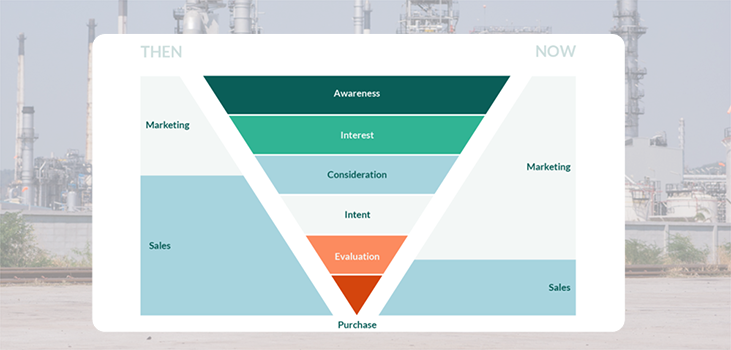
Contracting Strategies for Oil and Gas Companies
The oil and gas industry is more dynamic than ever but the demands on a limited number of people resources continues to increase. The traditional approach of hiring and training staff is becoming ineffective as the current workforce is increasingly mobile and investing in training and development provides limited return as the frequency of people changing employers increases. The popularity of contracting technical and project management among oil and gas companies continously increases and new contracting arrangements are being created. It is commonplace for a company to hire a person to fill a role in an organization without providing a long term employment contract but a fixed term assignment. Referred to as an advisor, 2nd party labour, or in-house support, this arrangement requires active recruitment and management as an employee but typically without the training requirements. This can be a short term solution but has a risk of creating a gap in the organization if the specific person chooses other employment. However, given the transient nature of employees, the commitments, obligations, and potential risks are very similar. Occassionally a company has a short term need for a specific task or project and the best fit is a skilled person who is contracted directly. This "Classic-Consulting" model is driven by finding the correct skill set and provides the flexibility for the contracted person to start and stop when tasks are complete. It is normal for the specific person to be used repeatedly, but works for others during "down-time". This provides oil and gas companies with flexibility on work commitment while still maintaining a high degree of control over the day to day activities.One of the most flexible contracting strategies is the use of a contract company. A specialized company is given a secific scope of work to deliver, and the responsibility for the resources doing the work is with the contract company. Work can be executed in the E&P company office, remotely, or a hybrid, and the tasks can be split between specialists within the contract company to provide consistent results regardless of any staffing issues. The disadvantage of this arrangement is the day to day management of the activity rests with the contract company, so , as long as the scope of work is well defined, the advantages of a fully flexible resource provider can be realized. An EPC (Engineer, Procure, Construct) contract is best suited when an oil and gas company does not have in house knowledge in a specialized area (such as offshore platform construction or decommissioning) to provide oversight on a day to day or task by task basis, or where the task is not common enough for the E&P company is required to build the skill in-house. This is a common strategy for both large construction projects or research and scoping in a specific area to avoid distraction on the E&P company's core business. The use of an ABA (Alternative Business Arrangement) contract can be beneficial to an oil and gas company where an asset is completely managed by a contract company and the costs are taken out of a profit sharing agreement. This can be applied where a company does not have an operational office in an area, the asset can no longer support the companies overheads, or the asset is being used in a manner (for example, geothermal re-use) that is not strategically aligned with the E&P company's vision.
"An EPC contract is best suited when an oil and gas company does not have in house knowledge in a specialized area."
The days of being able to train and retain skilled employees is transitioning into a new "Gig-Economy" where employees become increasingly transient. The loss of technical or business horsepower at a critical moment can create havoc in the accomplishment of goals. It is becoming a standard practice to include consultants, contractors, and alternative business arrangements as a balanced approach to manage the development and execution of asset and company objectives. Forward thinking managers in the oil and gas industry are actively open to innovative ideas to improve business results. The key risk to accomplishing business goals is the availability and ability of people resources, and the implementation of professional resourcing using a number of contracting strategies is a requirement to not miss development of company opportunities.




.jpg)
